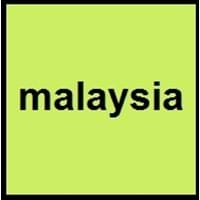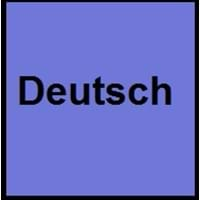Malaysian vs German
- One of the most politically powerful language historically is Malaysian Language.
- Malaysian earliest known inscriptions were found in South of Sumatra way back in 683-6 AD.
- One of the large group of Indo-Germanic languages is German.
- The second most popular Germanic language spoken today behind English is German language.
Malaysian and German Language History
Comparison of Malaysian vs German language history gives us differences between origin of Malaysian and German language. History of Malaysian language states that this language originated in c. 683 AD whereas history of German language states that this language originated in 6th Century AD. Family of the language also forms a part of history of that language. More on language families of these languages can be found out on Malaysian and German Language History.
Malaysian and German Greetings
People around the world use different languages to interact with each other. Even if we cannot communicate fluently in any language, it will always be beneficial to know about some of the common greetings or phrases from that language. This is where Malaysian and German greetings helps you to understand basic phrases in Malaysian and German language. Malaysian word for "Hello" is Hai or German word for "Thank You" is Danke. Find more of such common Malaysian Greetings and German Greetings. These greetings will help you to be more confident when conversing with natives that speak these languages.
Malaysian vs German Difficulty
The Malaysian vs German difficulty level basically depends on the number of Malaysian Alphabets and German Alphabets. Also the number of vowels and consonants in the language plays an important role in deciding the difficulty level of that language. The important points to be considered when we compare Malaysian and German are the origin, speaking countries, language family, different greetings, speaking population of these languages. Want to know in Malaysian and German, which language is harder to learn? Time required to learn Malaysian is 36 weeks while to learn German time required is 30 weeks.





